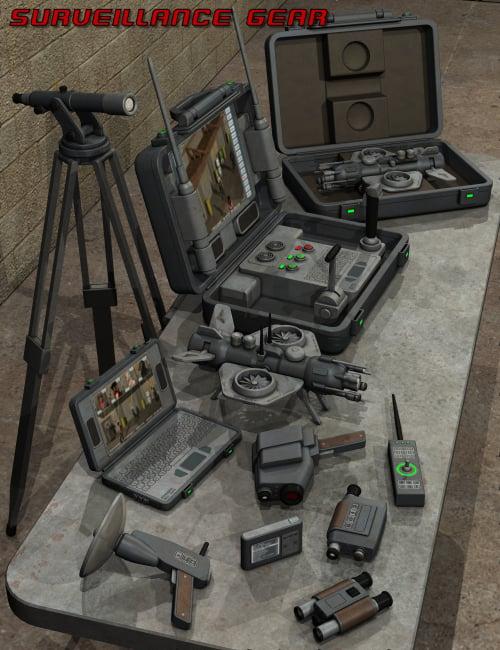
Title: Unveiling “Spy Equipment Wife”: A Glimpse into Modern Surveillance Tools
In an era where privacy is constantly being redefined and security concerns have taken center stage, the demand for advanced surveillance tools has surged. The concept of a “Spy Equipment Wife” has emerged as a unique intersection of domestic life and modern espionage technology, characterized by gadgets that aid individuals in monitoring activities for personal, financial, or security reasons. This article aims to explore the variety of spy equipment available in today’s market, their functionalities, and the ethical implications surrounding their use. By dissecting the motivations behind using such devices and the impact they have on relationships, we seek to provide a comprehensive understanding of this intriguing phenomenon, illustrating how technology reshapes the dynamics of trust and vigilance within communities.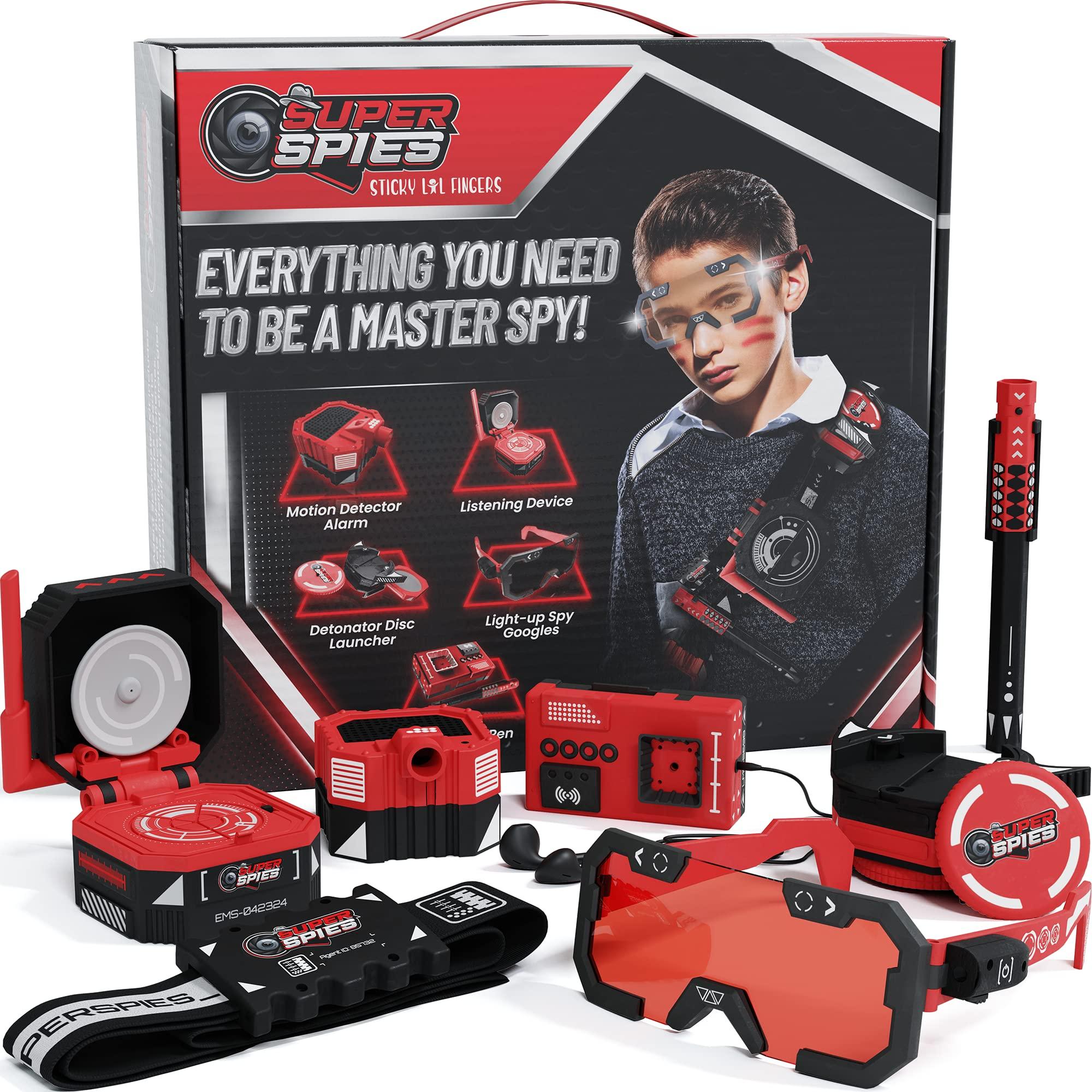
Understanding the Concept of Spy Equipment in Relationships
The use of spy equipment in relationships often stirs a blend of curiosity and concern. On one hand, individuals may consider utilizing these tools to foster trust and transparency, while on the other, it raises ethical questions about privacy and consent. Within relationships, understanding this equipment primarily involves discerning its purposes, which can include monitoring communications, tracking locations, and observing behaviors. The appeal of such devices can be rooted in a desire to ensure safety or to address suspicions, yet it’s crucial to recognize the potential for misuse. When trust becomes compromised, reliance on these tools can lead to a cycle of insecurity that further damages the relationship.
Moreover, the landscape of spy equipment is vast, ranging from hidden cameras to GPS trackers and listening devices. A nuanced understanding of these tools is essential for those considering their use in personal relationships. Exploring the benefits versus the drawbacks can clarify whether such actions support or undermine relational integrity. Below is a simple overview of some common spy equipment and their associated impacts:
| Spy Equipment | Potential Benefits | Possible Consequences |
|---|---|---|
| Hidden Cameras | Can help in ensuring safety. | Violates privacy; leads to mistrust. |
| GPS Trackers | Ensures partner’s safety during travel. | Can be perceived as controlling. |
| Listening Devices | Provides transparency in communication. | Trust issues arise if discovered. |
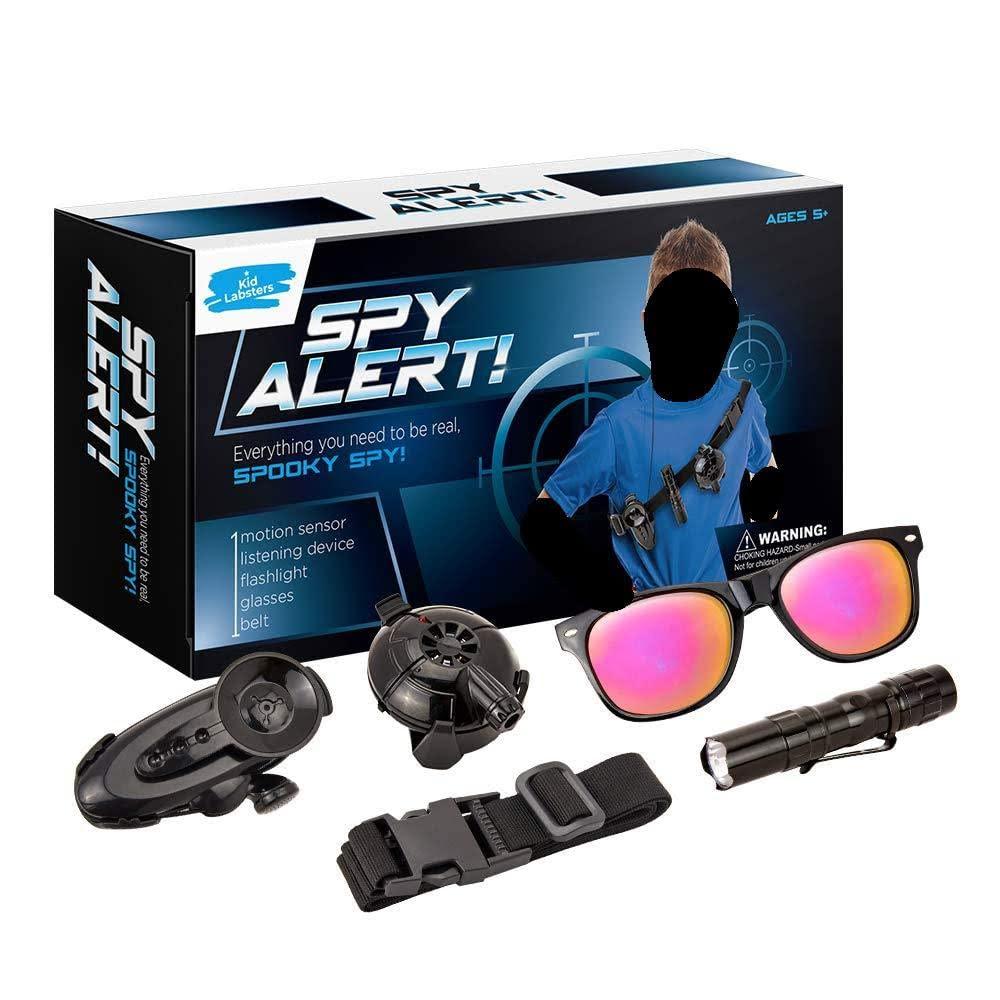
Common Types of Spy Equipment Used by Spouses
When it comes to the realm of marital espionage, the toolbox of a curious spouse can be surprisingly sophisticated. Some common types of equipment used for discreet observation include:
- Hidden Cameras: Small and inconspicuous, often designed to blend into everyday objects like smoke detectors or picture frames.
- Voice Recorders: Digital devices capable of capturing conversations in real time, often shaped like ordinary items such as pens.
- GPS Trackers: Compact devices that can be discreetly attached to a vehicle for real-time location tracking.
- Smartphone Apps: Various applications designed to monitor messages, calls, and social media activity remotely.
Additionally, special surveillance equipment is becoming increasingly accessible. To assist in understanding specific spy gear, the following table breaks down some typical tools along with their primary uses and features:
| Spy Equipment | Primary Use | Key Feature |
|---|---|---|
| Mini DVR | Video Surveillance | Long Battery Life |
| Wireless Earbuds | Covert Listening | Bluetooth Connectivity |
| Home Surveillance Cameras | Home Monitoring | Motion Detection |
| Micro Cameras | Monitoring Events | Ultra Compact Size |
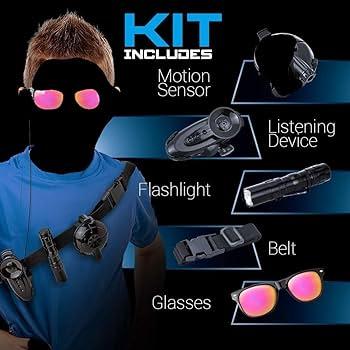
Legal and Ethical Considerations of Using Spy Equipment
When considering the use of spy equipment, it is crucial to navigate the complex landscape of legal frameworks and ethical standards. Different jurisdictions have varying laws governing surveillance and privacy rights. Before deploying any spy equipment, individuals must ensure they adhere to local, state, and federal regulations. Common legal aspects to consider include:
- Consent: Obtaining consent from the parties being monitored is sometimes legally required.
- Expectation of Privacy: Different environments (public versus private spaces) have varying expectations of privacy.
- Data Protection: Handling any recorded data must comply with privacy laws and regulations to avoid breaches.
Ethical considerations also play a significant role in the decision to use surveillance tools. Beyond legality, individuals must weigh the moral implications of spying on someone, especially a spouse. Ethical factors to consider include:
- Trust: Spying erodes trust, which is the cornerstone of any relationship.
- Intent: Understanding the motivations behind the desire to spy can clarify whether the actions are justified.
- Impact on Relationships: The potential long-term damage to personal relationships can outweigh any short-term benefits.
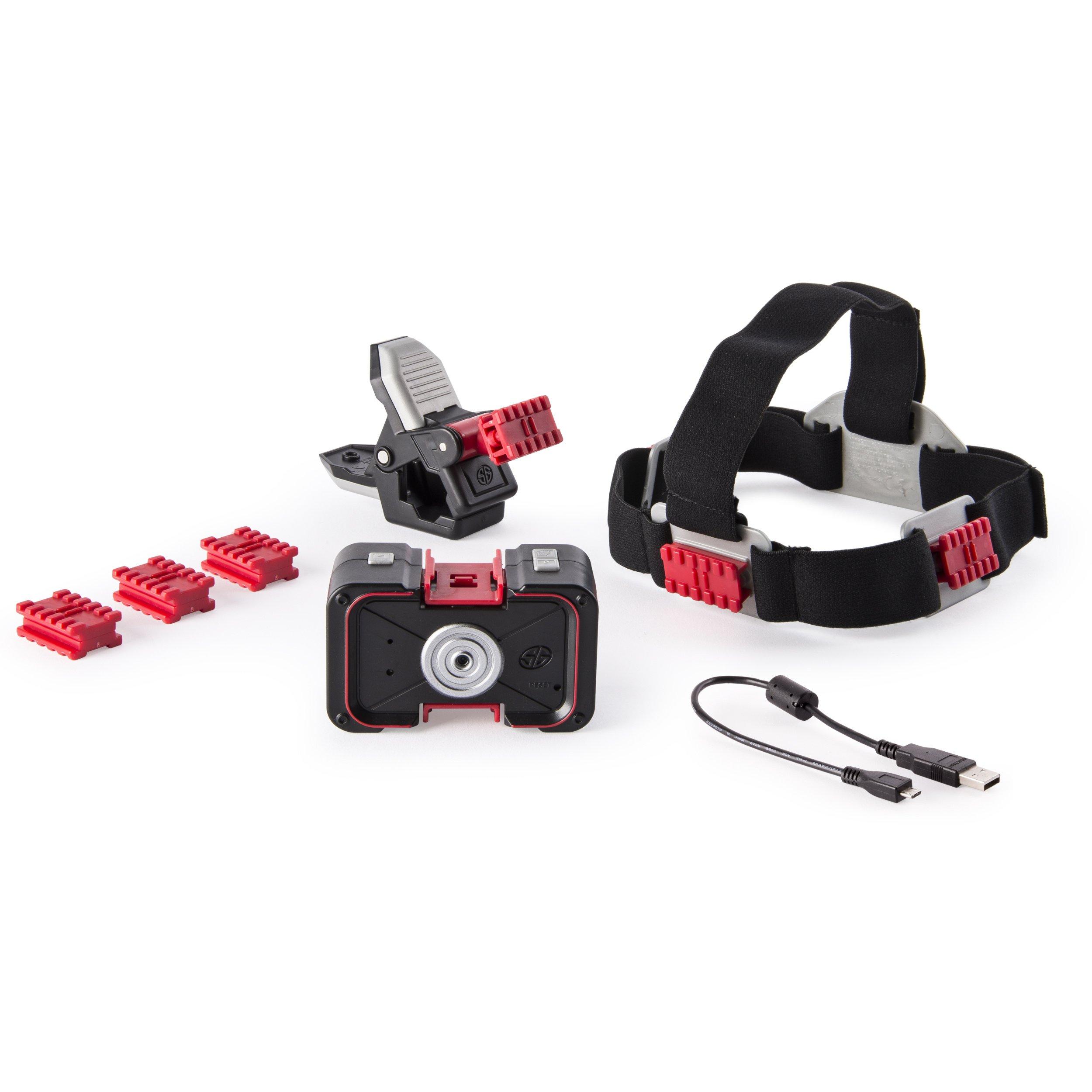
Factors to Consider Before Employing Spy Equipment
When considering the use of spy equipment, it’s crucial to evaluate the legal implications associated with surveillance practices. Laws regarding privacy vary significantly from one jurisdiction to another, and what may be permissible in one area could lead to serious legal repercussions in another. Before proceeding, you should familiarize yourself with these laws to avoid potential violations. Additionally, determine the intended purpose of the surveillance. Are you looking for evidence of infidelity, tracking behaviors, or gathering information for peace of mind? Consider if the potential benefits outweigh the ethical concerns involved in spying.
Another important aspect is the type of technology available and its reliability. With a variety of spy equipment on the market, including cameras, audio recorders, and GPS trackers, it’s essential to choose quality products that meet your needs. Look for trusted brands with positive reviews and warranties to ensure you’re investing in effective tools. Also, consider the ease of use and the level of discretion required for your situation. Equipment that is user-friendly and subtle will help you conduct surveillance without raising suspicion.
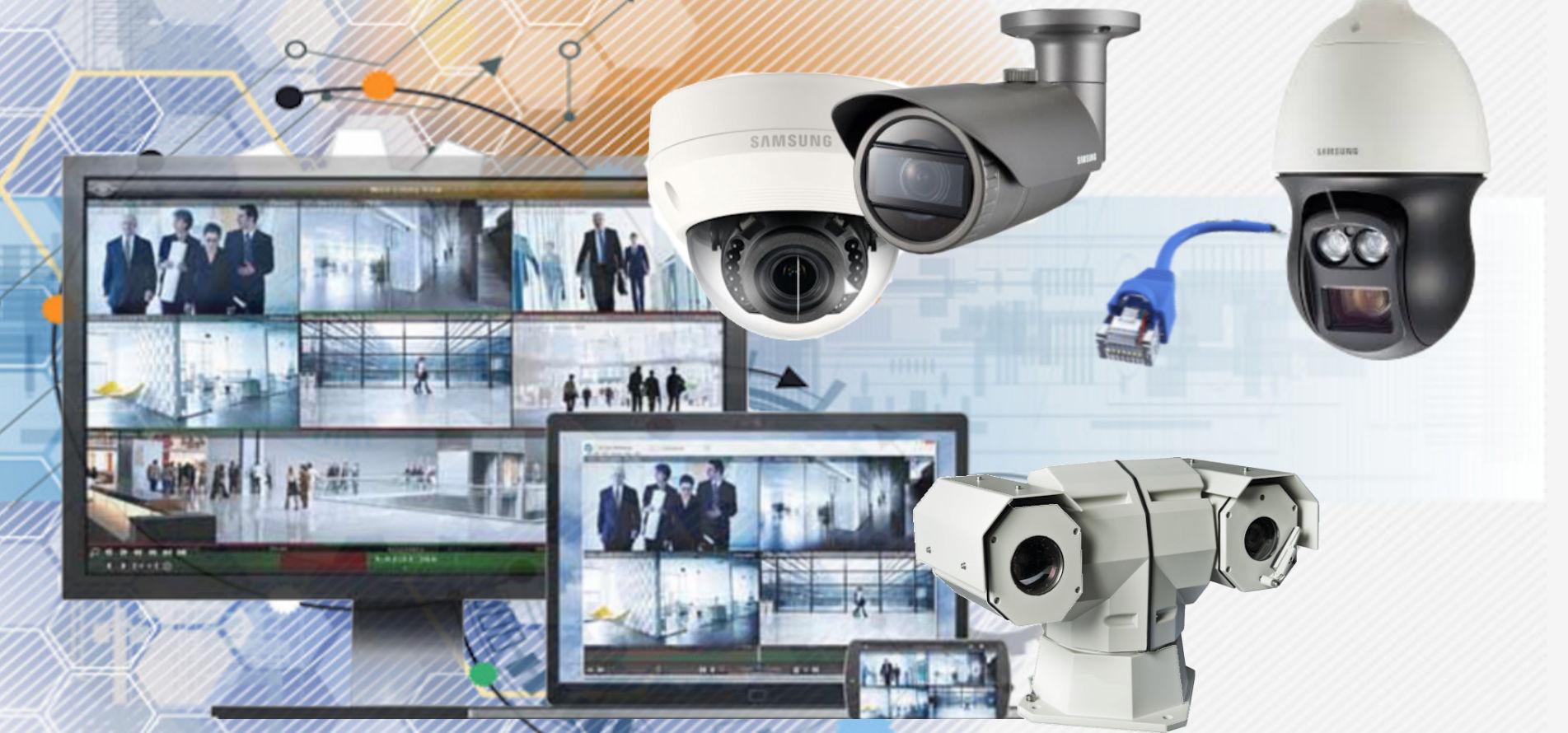
Recommendations for Responsible Use of Surveillance Tools
When utilizing surveillance tools, it is essential to maintain a balance between personal safety and privacy rights. Implementing these devices responsibly can help avoid potential legal repercussions and ensure ethical usage. Here are some key considerations:
- Transparency: Always inform the individuals being monitored about the surveillance measures in place.
- Purpose Limitation: Use surveillance tools only for clearly defined and legitimate purposes.
- Data Protection: Secure any data collected and avoid sharing it without explicit consent.
- Compliance: Familiarize yourself with local laws and regulations governing surveillance usage to avoid violations.
Furthermore, incorporating the following practices can enhance the responsible use of surveillance equipment:
| Practice | Description |
|---|---|
| Regular Review | Periodically assess the necessity of surveillance and adjust accordingly. |
| Minimal Data Collection | Avoid capturing more information than what is required to fulfill the intended purpose. |
| Access Control | Limit access to surveillance data to authorized individuals only. |
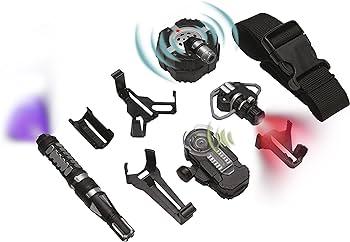
Alternatives to Spy Equipment for Improving Relationship Trust
Building trust in a relationship is essential and can be achieved through open communication and mutual respect rather than resorting to spy equipment. Consider these alternatives that foster understanding and transparency:
- Open Dialogue: Regularly engage in heartfelt conversations about feelings, concerns, and daily experiences.
- Trust Exercises: Participate in activities that require teamwork, such as problem-solving tasks, to strengthen your bond.
- Quality Time: Schedule regular outings or dates that allow both partners to reconnect and share their thoughts.
- Journaling Together: Maintain a joint journal where both can express thoughts and feelings, encouraging honesty.
Moreover, establishing boundaries and mutual agreements can significantly enhance trust in a relationship. Creating a foundation built on respect may include:
| Action | Benefit |
|---|---|
| Set Personal Space: | Encourages independence and personal growth. |
| Discuss Privacy: | Clarifies expectations regarding personal information. |
| Plan Regular Check-Ins: | Provides routine opportunities to discuss concerns. |
Q&A
Q&A: Understanding ”Spy Equipment Wife”
Q1: What is the concept behind ”Spy Equipment Wife”?
A1: The term “Spy Equipment Wife” refers to the use of surveillance devices and technology by spouses, often in the context of monitoring a partner’s behavior. This can involve a range of equipment, from hidden cameras to GPS trackers, utilized by individuals who may suspect infidelity or want to gather information for various reasons.
Q2: Why might someone seek out spy equipment for personal use?
A2: Individuals may resort to using spy equipment for several reasons, including concerns about their partner’s loyalty, safety precautions, personal security, or simply out of curiosity. However, motivations can vary and may also stem from trust issues or relationship difficulties.
Q3: Is using spy equipment legal?
A3: The legality of using spy equipment largely depends on local laws and regulations. For instance, recording someone without their consent can be illegal in many jurisdictions, especially in private spaces. It is important for individuals to understand the legal implications before employing such measures.
Q4: What types of spy equipment are commonly used?
A4: Common types of spy equipment include hidden cameras, audio recording devices, GPS trackers, and smartphone monitoring apps. These devices can be covertly integrated into everyday objects or accessed remotely via the internet.
Q5: What are the ethical considerations associated with using spy equipment?
A5: Ethical concerns arise primarily around privacy violations and trust issues. Using spy equipment may breach an individual’s right to privacy and could exacerbate mistrust within a relationship. It can also lead to emotional distress or legal consequences if discovered.
Q6: How can one address trust issues in a relationship without resorting to spy equipment?
A6: Building open communication is essential for addressing trust issues. Engaging in honest conversations about concerns, seeking couples therapy, or establishing transparency can often resolve underlying issues without the need for surveillance.
Q7: Are there alternatives to spy equipment for monitoring behavior?
A7: Yes, alternatives include open discussions with your partner about concerns, establishing mutual boundaries, or using relationship apps that promote transparency and communication. These methods can foster trust and connection rather than suspicion.
Q8: What should someone consider before using spy equipment in their relationship?
A8: Before resorting to spy equipment, individuals should carefully consider the potential consequences, including the impact on their relationship, ethical implications, and the legal ramifications. Reflecting on the trust, communication, and underlying issues may provide a clearer path toward resolution without invasive measures.
Q9: How can individuals improve trust in their relationships?
A9: Improving trust can be achieved through open dialogue, transparency, spending quality time together, and actively working to strengthen the emotional connection. Engaging in trust-building activities and seeking professional counseling can also be beneficial.
Conclusion
Understanding the implications and motivations behind the use of “Spy Equipment Wife” is important for individuals navigating complex relationship dynamics. It is advisable to prioritize communication and trust over surveillance to foster healthier relationships.
Key Takeaways
the concept of a “Spy Equipment Wife” raises intriguing questions about trust, privacy, and the ethical implications of surveillance within personal relationships. While the allure of advanced technology and covert tools may be appealing to some, it is essential to consider the potential ramifications on marital dynamics and individual privacy. As societies continue to evolve with new technologies, open communication and mutual respect should remain at the forefront of any relationship. Whether utilized for security or curiosity, any decision regarding spy equipment must be approached with careful consideration to ensure that love and trust prevail over suspicion and secrecy.





